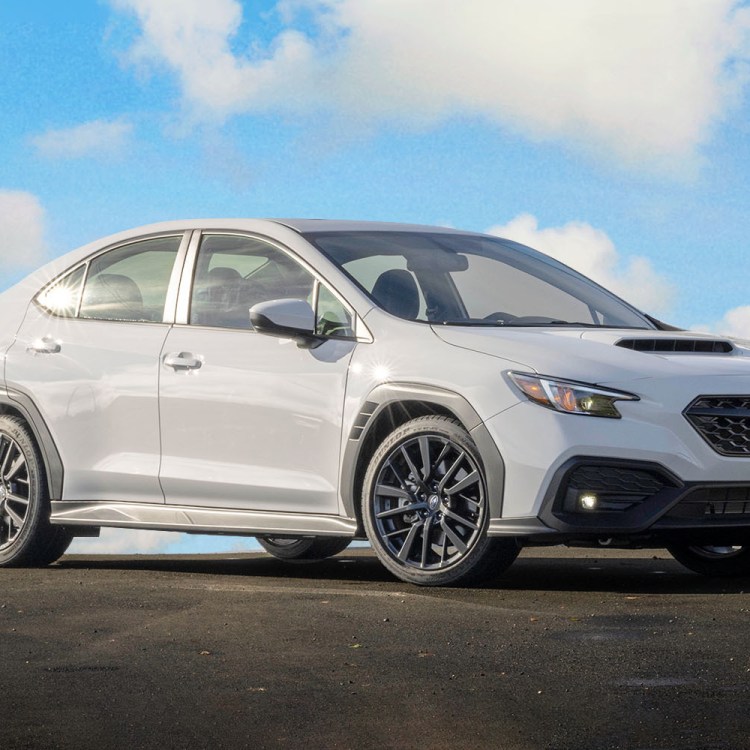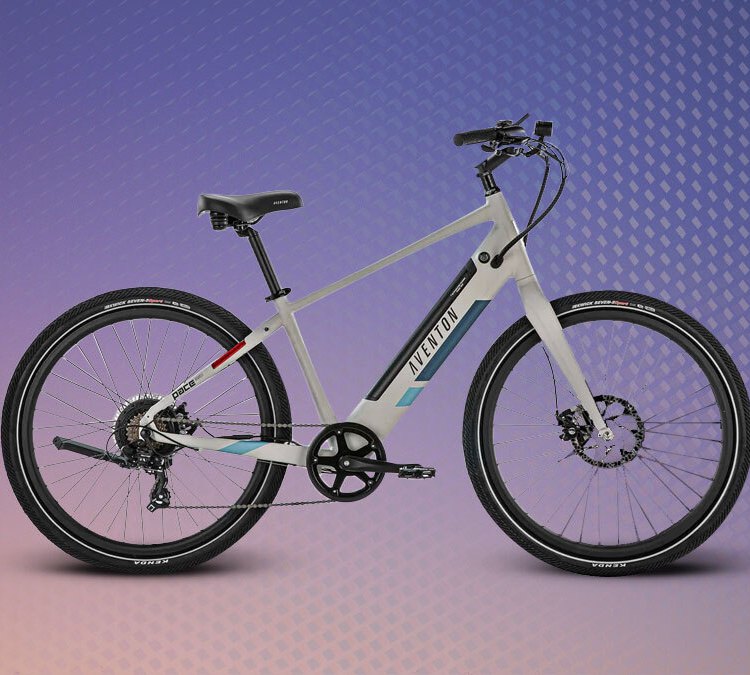On Monday, Fiat Chrysler Automobiles (the eighth largest automobile manufacturer in the world in terms of production) proposed a merger with Renault (the ninth largest). If accepted, together they’d become the third largest, under Toyota and Volkswagen.
The ramifications in the industry would, obviously, be massive. And while there’s already a heated debate on who would win in the merger (short answer: investors, not workers), there’s no doubt that there will be many losers.
The most obvious loser seems to be Nissan. The New York Times writes that the merger could “destabilize the French company’s longtime alliance” with Nissan. That alliance includes cross shareholding, and as Automotive News details, should the FCA-Renault unification occur, “the new entity would continue to own 43.3 percent of Nissan’s shares and voting rights, while the Japanese automaker’s stake in the merged companies would be diluted to just 7.5 percent” (down from 15). The math works out, but it’s a heavy blow. But as Jalopnik notes, “Nissan should probably do the mature thing here and swallow its pride and find out a way to work with Renault and FCA.”
After all, we’re in a moment of automotive upheaval, where an industry-wide switch to electrification is not just underway, but inevitable, not to mention the huge advances in technology already in place, and the potential for autonomous driving. And taken in that context of mechanical revolution — where companies who work together float, and those who stand alone drown — there is a potentially bigger loser: General Motors.
What does GM have to do with Renault and FCA? For the purposes of this announcement, nothing. They’re certainly not mentioned in the press release (while Nissan and Mitsubishi are). But here are three reasons why this merger could portend problems for the American manufacturer, in the industry at large and in the long run.
- GM will be knocked down a peg: What we didn’t mention at the outset is that by potentially becoming the third largest automaker in the world, FCA-Renault would push GM down to fourth place. That, by itself, doesn’t really matter, but companies don’t merge just to merge — they do it to become bigger than either could alone.
- FCA wanted to partner with GM: As Jalopnik notes in their coverage of the announcement, FCA has wanted to form a strategic partnership with another big player for a few years now. One of the potential bedfellows was General Motors. But when FCA broached the idea, they were “quickly rebuffed.” We’re not saying that was the right or wrong move at the time, but if this merger goes through and proves to be a boon, then it will be hard to see that dismissal as anything but a missed opportunity for GM.
- Other failed partnerships: As the Times writes, “There is a consensus among industry executives and analysts that carmakers must link up to share the cost of a transition from internal combustion engines to avoid being run over by fast-moving tech industry challengers like Tesla or Uber.” But what they don’t mention is that one of the biggest challengers — as Tesla and Uber both struggle to live up to their investor-backed hype — is Rivian, the promising EV truck startup that’s now backed by both Ford and Amazon. And guess who had first dibs on a partnership with them? Yup, General Motors. But the company didn’t want Rivian working with others, so talks fizzled.
Bottom line is that if GM wants to keep its ranking in the auto industry hierarchy, it’ll have to stop playing the American cliché of the lone wolf and finnd some new industry friends.
This article was featured in the InsideHook newsletter. Sign up now.


















